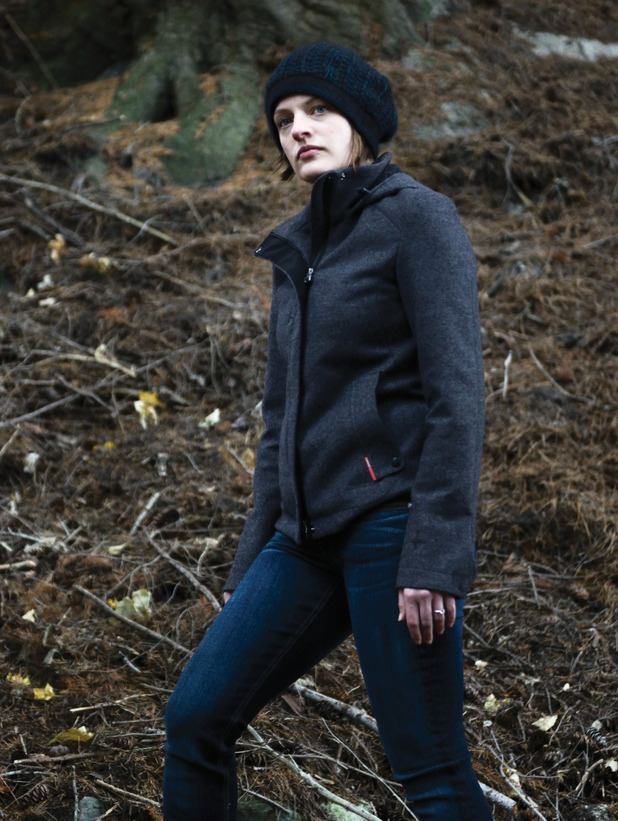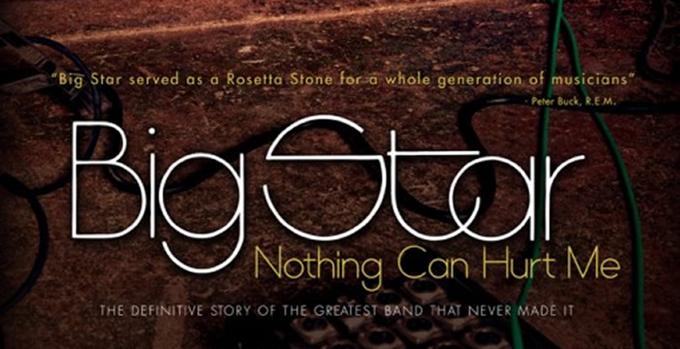Right from the start of the The Discovery Channel's new gold rush mini-series Klondike, the network doesn't shy away from moving in on Game of Thrones' profitable claim. The credits intro to Klondike is an ominous melange of cellos and violins while images dart across a ye old map - sound familiar?
Discovery didn't stop there. They even plucked Scottish actor Richard Madden, who plays Robb Stark in the smash hit GOT series. However, these attempts at coat-tail riding can be forgiven because the show delivers an encompassing tale with strong characters and majestic Canadian scenery.
The one noticeable difference between Klondike and its medieval counterpart is an absence of graphic gore and nudity. Discovery is a basic cable channel so it's bound to be more family friendly. For me this wasn't an issue, but others more accustomed to HBO's blood and guts will probably find it somewhat subdued in comparison.
Klondike tells the story of Bill Haskell (Madden) and his journey to the Yukon during the 1890s gold rush. Haskell and his childhood friend Epstein survive the treacherous mountain paths to Dawson City, where they stake a claim on a muddy hill. Panning rocks and shovelling dirt soon cease when Epstein meets an untimely death by an unknown assailant. His death sends Haskell into a character-defining conflict between seeking revenge and seeking his fortune.
There's plenty of interesting subplots in Klondike that keeps the action moving. There's the conscientious mountie battling a corrupt Ottawa politician who wants to pave way for big development by exterminating the local indigenous population. There's also Tim Roth playing The Count, the town's most villainous character, a morally bankrupt man who kills for thrills and wants to take over Dawson.
Sam Shepard is a preacher fighting a losing battle establishing religion in a place where all hope is lost and gold lust clouds all judgment, while Abbie Cornish is Belinda, a steely-nerved businesswoman who takes a shine to Haskell. Famous American writer Jack London is also on the scene collecting stories and emptying whiskey bottles.
The supporting cast is exceptionally strong and none of the subplots felt forced into the overall story, which is based on this book by Charlotte Gray.
 |
| Jack London flanked by Epstein (l) and Haskell (r) |
It's worth pointing out how impressive the set designs and location choices are in this series. The details of the town really make the era come to life and when the elements turn ugly - rain, mud, wind and filth - you really feel it. You keeping thinking to yourself - why would anyone put themselves through this? For a shaky dream of striking it rich? I can't definitively say I wouldn't have done the same.











